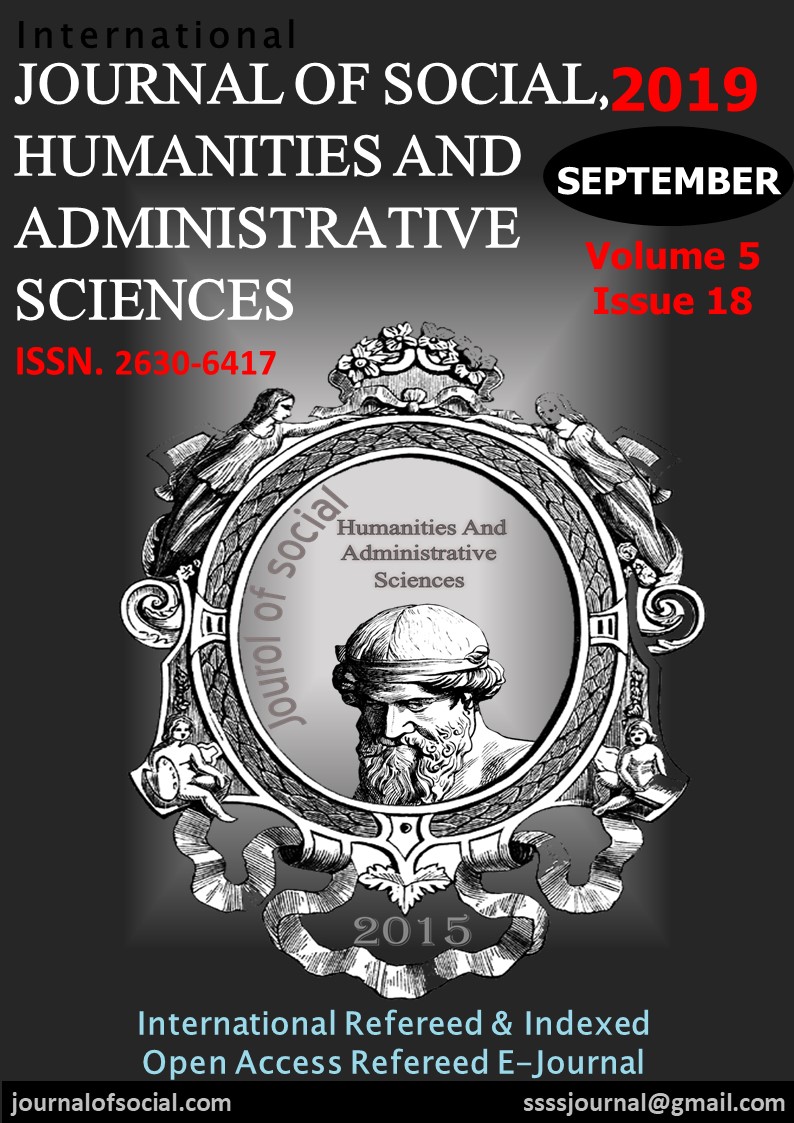Author :
Abstract
This work titled "An Ethical Overview on Cloning in Nigeria" analyzed the debate on cloning for which many scholars believe that cloning is not just ethically and morally acceptable, but beneficial in that they allow otherwise infertile couples to have children and permit the study of genetic diseases and indeed genetic development. This work examined cloning from an ethical/moral perspective and held the view that there is everything inherently wrong with the idea of human cloning. As a scientific discovery, it violates the dignity, respect, and value of human life and concluded that cloning coupled with its related procedures, placed the human offspring at risk of genuine harm. Also, it is shown that Cloned offspring's run the risk of misplaced or distorted genealogy. The work relied on library materials, analysis, critical exposition, and evaluative methods to achieve its objectives
Keywords
Abstract
This work titled "An Ethical Overview on Cloning in Nigeria" analyzed the debate on cloning for which many scholars believe that cloning is not just ethically and morally acceptable, but beneficial in that they allow otherwise infertile couples to have children and permit the study of genetic diseases and indeed genetic development. This work examined cloning from an ethical/moral perspective and held the view that there is everything inherently wrong with the idea of human cloning. As a scientific discovery, it violates the dignity, respect, and value of human life and concluded that cloning coupled with its related procedures, placed the human offspring at risk of genuine harm. Also, it is shown that Cloned offspring's run the risk of misplaced or distorted genealogy. The work relied on library materials, analysis, critical exposition, and evaluative methods to achieve its objectives
Keywords
- Baird, P.A. (1999), cloning of animals and humans: What should the policy response be? Perspective
- Baird, P.A. (1999), cloning of animals and humans: What should the policy response be? Perspective in biology and Medicine 42(2), 179-194.
- Baylis, F. Human cloning: Three Mistakes and an Alternative, Journal of Medicine and philosophy 2002, Vol.27, No.3, pp.319-337.
- Bisong, Peter B., Joseph N. Ogar, and Asira E. Asira. "The abortion debate: a contribution from Ibuanyidanda perspective." Online Journal of Health Ethics 12.2 (2016).
- Butler, D. & Wadman, M. (1997), Calls for cloning ban sell science short,. Nature, 386, & Callahan, D. (1998), Cloning: Then and now, Cambridge Quarterly of Health care Ethics, 7(2), 141-144.
- Caulfield, Timothy, ‘Human Cloning Laws, Human Dignity and the Poverty of the Policy Making Dialogue’, BMC Medical Ethics, 4 (2003) http://dx.doi.org/10.1186/1472-6939-4-3
- De Gama, Katherine. “Medical Law.” Journal of Social Welfare and Family Law 1993: 147–152. Web.
- Descamps, Philippe, ‘Miseries of Institutional Debate: An Example of Human Reproductive Cloningand Its Ethical Treatment by the CCNE’, Revue de Metaphysique et de Morale, 67 (2010), 311–23
- Dickenson, Donna, ‘Commodification of Human Tissue: Implications for Feminist an Development Ethics’, Developing World Bioethics, 2002, 55–63 http://dx.doi.org/10.1111/1471-8847.00035
- Diedrich, K., and G. Griesinger, ‘Reproductive Medicine: Venture Progress - Recognize Limits’, Gynakologe, 41 (2008)
- Ekennia, J. N. Bio-Medical Ethics: Trends and Problems, Barloz publishers, Owerri, 2003.
- Etokakpan, A. “Human cloning: Scientific analysis and ethical considerations”. Koinonia. Vol.4, No.5 December, 2009.
- Fletcher, J. Ethical aspects of genetic controls. New England Journal of Medicine, 285, 1971, pp.776- 783.
- García-Rivera, Alejandro, ‘Endless Forms Most Beautiful’, Theology and Science, 5 (2007), 125–35
- Grey, W. Playing God Encyclopedia of applied ethics (Vol.3). USA: Academic press 1998.
- Hefner, P. Cloning as quintessential human act in: M. Ruse (Ed) Philosophy of biology. Amherst, New York: Prometheus Books, 1998, pp.352-256.
- Jaeggi, Rahel, Critique of Forms of Life, Critique of Forms of Life, 2019
- Kaveny, M. Cathleen, ‘The NBAC Report on Cloning’, in Handbook of Bioethics and Religion, 2006, pp. 221–42
- Langlois, Adèle, ‘The Global Governance of Human Cloning: The Case of UNESCO’, Palgrave Communications, 3 (2017)
- Neresini, Federico, ‘Eve’s Sons’, New Genetics and Society, 2007, 221–33 http://dx.doi.org/10.1080/14636770701466923
- Ogar, J. N. (2019). Ethical Implication of Environmental Crises on African Societies: A Challenge to Future Humanity. Int. J. of Environmental Pollution &Environmental Modelling, 2(3), 109-115
- Ogar, Joseph N., Nwoye Leonard, and Samuel Akpan Bassey. "Issues Related to Infertility in Africa: An Ethical Scan." Research & Reviews: A Journal of Biotechnology 8.3 (2019): 26-32.
- Saunders, J., ‘Manual for Research Ethics Committees.’, Clinical Medicine, 3 (2003), 479–530
- Shandler, Jeffrey. “Unclean Lips: Obscenity, Jews, and American Culture by Josh Lambert.” American Jewish History 98.3 (2014): 203–204. Web.
- Travis, J. “Ewe Again? Cloning from Adult DNA.” Science News 151.9 (2008): 132. Web.
- Udoudom, M. D., Bassey, S. A., Okpe, O., & Adie, T. (2019). Kantian and Utilitarian Ethics onCapital Punishment. Budapest International Research and Critics Institute (BIRCI-Journal): Humanities and Social Sciences, 2(2), 28-35
- Wolf, P. L., G. Liggins, and D. Mercola, ‘The Cloning Debates and Progress in Biotechnology.’, Clinical Chemistry, 1997, 2019–20
- Yanagimachi, Ryuzo. “Male Gamete Contributions to the Embryo.” Annals of the New York Academy of Sciences. Vol. 1061. N.p., 2005. 203–207. Web.





